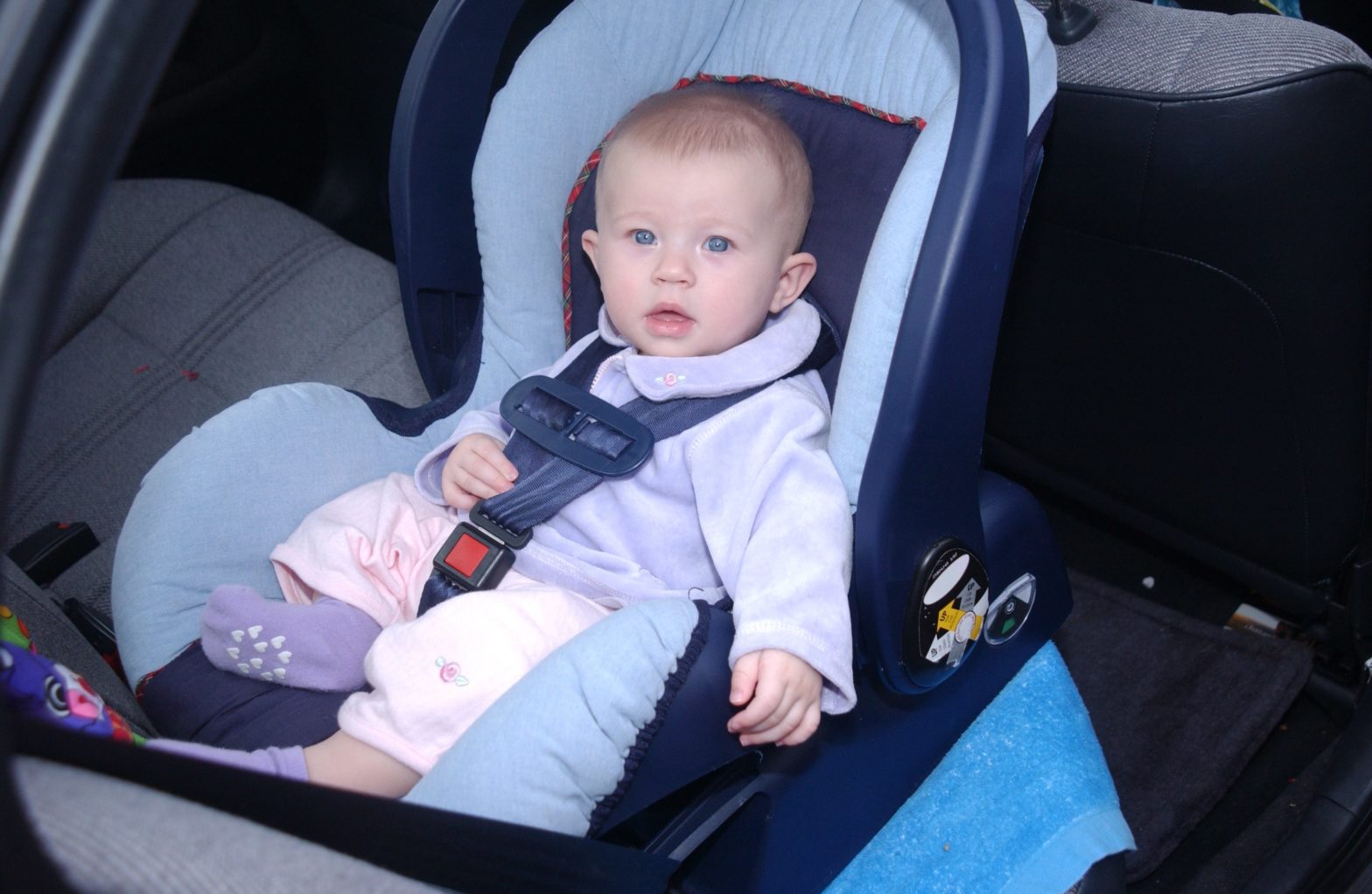![[Special to the Press Gazette]](http://127.0.0.1/wordpress/wp-content/uploads/2022/01/ghows-DA-6e742653-6763-1b3f-e053-0100007f53e9-213805da-scaled.jpeg)
MILTON — Each year in the U.S., an average of 38 children and hundreds of dogs die from hyperthermia (heatstroke) in hot cars. While our initial reaction may be these are cases of blatant cruelty or negligence, the truth is many are due to tragic error on the part of otherwise loving, competent caregivers. The point? Yes, it’s possible this could happen to you.
There are a couple of misconceptions that contribute to these tragic episodes. First, there’s the assumption that if it’s cool outside, it can’t get very hot inside, and this is not accurate. It can be a mere 70 degrees outside, and on a sunny day a car can reach 100 degrees within 15 minutes. The perception that ‘cracking the windows’ will somehow keep the temperature in a safe range is another dangerous myth – open windows have little effect on internal car temperatures on a sunny day. Body temperatures for children and dogs rise three to five times faster than an adult’s, and brain damage or death can occur in a matter of minutes.
It’s true that some children and pets are knowingly and negligently left inside hot vehicles. But in most cases, hot car deaths are a result of an adult’s disastrous lapse in memory. Working parents are often tired, stressed and running on auto-pilot on their way to and from work or errands. The risk is particularly high when the child is sleeping in the back seat, or when the adult is traveling a path outside their normal routine.
Experts suggest you can reduce the risk by remembering to A.C.T.:
A – AVOID
Avoid heatstroke-related injury and death by never leaving your child alone in a car, not even for a minute. Be sure to keep your car locked when you are not in it, so kids don't climb in on their own.
C – CREATE
Create a reminder by putting something in the back of your car next to your child, such as a briefcase, a purse, a shoe or a cell phone that is needed at your final destination. This is especially important if you are not following your normal routine.
T – TAKE ACTION
If you see a child or dog alone in a car, call 911 and stay with the victim. Emergency personnel are trained to respond to these situations, and one call could save a life. If help does not arrive quickly and you note signs of immediate distress such as lethargy, poor coloring or heavy breathing, engage witnesses and do what is necessary to ensure the victim’s safety.
This article originally appeared on Santa Rosa Press Gazette: Santa Rosa Medical Center wants you to A.C.T. to prevent heat-related car deaths
